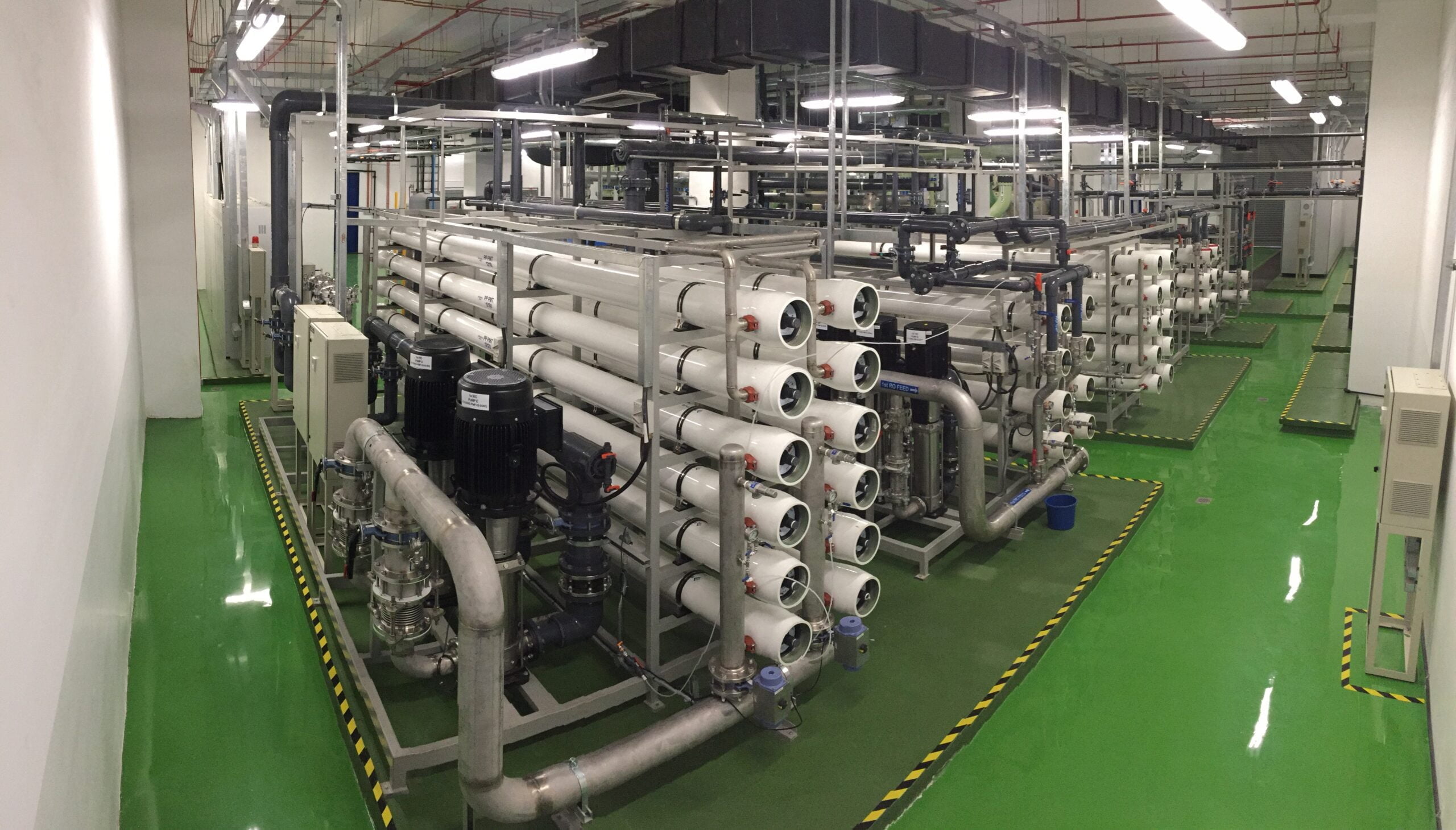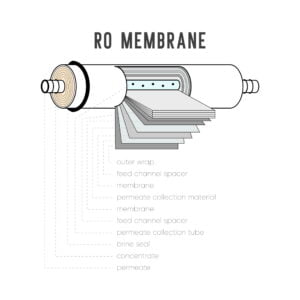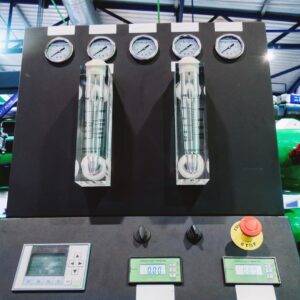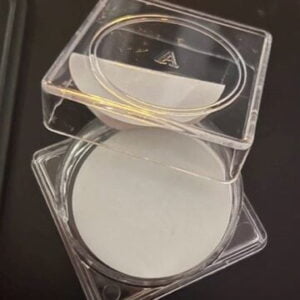
Understanding Ultrafiltration: Advanced Filtration Technology
Water filtration is a crucial process that ensures the quality of water used in various industries and households. Ultrafiltration is an advanced filtration technology that has gained popularity in recent years. Understanding the science behind this technology can help better understand its benefits and how it can be used.
The Basics of Ultrafiltration: A Guide to Advanced Filtration Technology
Ultrafiltration is a membrane filtration process that uses a semi-permeable membrane to remove particles and other impurities from water. The membrane has pores that are much smaller than those used in traditional filtration methods, allowing it to remove particles as small as 0.01 microns. This technology is widely used in industries such as pharmaceuticals, food and beverage, and wastewater treatment.
In ultrafiltration, water is forced through the membrane under pressure, separating it into two streams. The first stream is the purified water that passes through the membrane, while the second stream is the concentrate that contains the particles and impurities removed by the membrane. This process is highly effective in removing bacteria, viruses, and other pathogens from the water, making it safe for consumption.
Ultrafiltration membranes are made from a variety of materials, such as ceramic, polymeric, and metallic. The choice of material depends on the specific application and the type of impurities being removed. Polymeric membranes are the most commonly used due to their cost-effectiveness and versatility.
Beyond Traditional Filtration: Understanding the Science of Ultrafiltration
Ultrafiltration is a highly advanced filtration technology that goes beyond traditional filtration methods. It uses a combination of physical and chemical processes to remove impurities from water. The physical process involves the separation of particles based on their size, while the chemical process involves the attraction and repulsion of particles based on their charge.
The science behind ultrafiltration is complex and involves a deep understanding of chemistry and materials science. The effectiveness of the process depends on the selection of the right membrane, the operating conditions, and the quality of the feed water. Advanced technologies such as reverse osmosis and nanofiltration have also been developed based on the principles of ultrafiltration.
In conclusion, ultrafiltration is an advanced filtration technology that has become increasingly popular due to its effectiveness in removing impurities from water. Understanding the science behind this technology can help better appreciate its benefits and how it can be used in various industries. With continued research and development, ultrafiltration is poised to become an even more essential tool in ensuring the quality of water.





